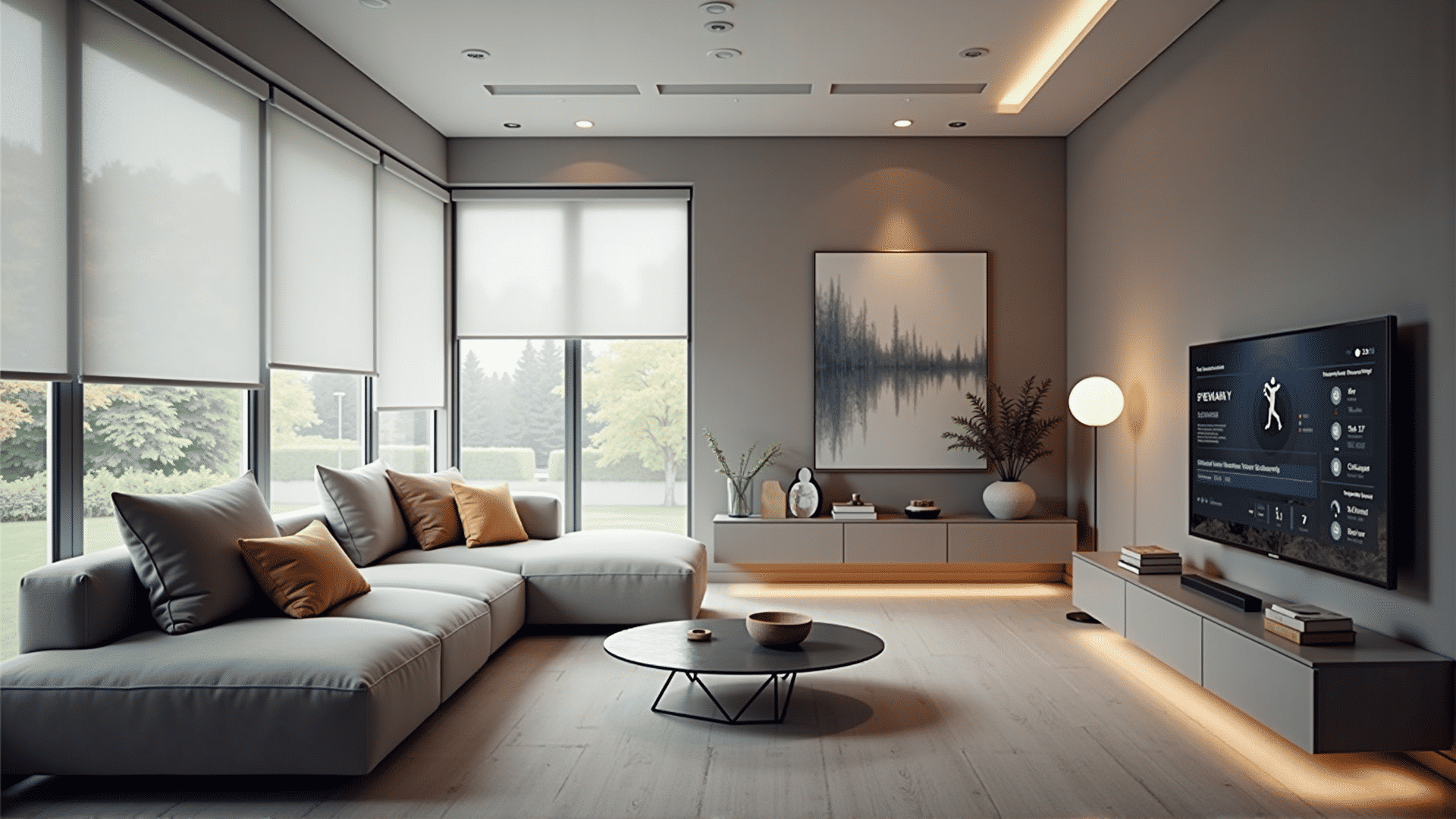In recent years, the integration of smart home technologies into property management has gained significant momentum, transforming how residents interact with their living spaces. This shift is fundamentally enhancing the living experience by leveraging cutting-edge technology to improve convenience, security, and energy efficiency.
At the core of this transformation lies the capability of smart technologies to seamlessly connect various devices and systems within a home. These technologies allow residents to control lighting, climate, and security systems through a centralized hub or mobile application. With just a few taps on a smartphone, individuals can adjust the temperature, switch off lights, or even lock doors, all from the comfort of their couch or remotely from anywhere in the world.
One of the most notable benefits of smart home integration is the enhancement of security features. Modern properties are increasingly equipped with advanced security systems, including smart locks, video doorbells, and surveillance cameras. These devices not only offer peace of mind by alerting residents to any unusual activities but also provide a deterrent to potential intruders. Furthermore, with real-time notifications and the ability to check live feeds, residents remain connected to their homes even when they are away.
Energy efficiency is another key area where smart technologies have made a considerable impact. Smart thermostats, for instance, learn the user’s preferences and automatically adjust heating and cooling systems to optimize energy usage. This not only contributes to cost savings but also supports environmental sustainability by reducing unnecessary energy consumption. Similarly, smart lighting systems adapt to natural light levels and occupancy, further promoting energy conservation.
Additionally, smart home integration fosters a personalized living environment. Voice-activated assistants enable residents to control their connected devices through simple voice commands, creating a hands-free and user-friendly experience. These systems can also be programmed to perform routines, such as waking up to gradually increasing light levels or having the coffee maker start at a particular time. This level of customization caters to individual preferences, enhancing comfort and satisfaction.
Moreover, the adoption of these technologies can facilitate proactive maintenance within properties. Smart sensors can monitor the condition of appliances and utilities, alerting management to potential issues before they become major problems. This proactive approach not only minimizes downtime and repair costs but also contributes to a more reliable and enjoyable living experience for residents.
The incorporation of smart home technologies into property management is reshaping the residential landscape, providing a modern living experience defined by increased control, safety, and efficiency. As these technologies continue to evolve, the possibilities for creating even more intuitive and responsive living spaces are limitless, promising an era where homes are more connected and intelligent than ever before.
